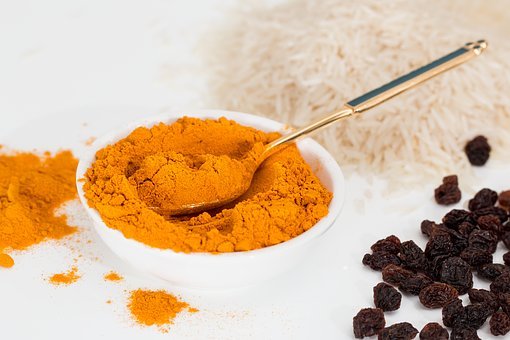Vitamins That Can Help Arthritis
Arthritis, or inflammation of the joints, is a condition that is estimated to affect as many as one in five adults. It is caused by the breakdown of cartilage in the joint, which may be the result of overuse, infection, genetics, an autoimmune condition, or a disease such as gout. When there is less cartilage supporting the joint, the bones rub together, causing inflammation and pain.
The best treatment plan for arthritis will likely include medication, lifestyle changes, and possibly complementary treatments. While it’s unlikely that vitamins or supplements will cure the condition, they may help better manage the symptoms and reduce dependency on drugs.
Fish oil/omega-3 fatty acids, which are used for prevention and treatment of a number of inflammatory conditions, are associated with reduced morning stiffness and reduced pain.
GLUCOSAMINE SULFATE
Glucosamine sulfate is a compound found naturally in the fluid surrounding the joints. It is needed to build joints and the surrounding cartilage. While some studies did not find an association, most clinical trials show that supplementing with glucosamine sulfate daily greatly reduced pain compared to those taking a placebo.
SAME
SAMe, a supplement commonly used to treat depression, may also be effective in treating arthritis. Several clinical trials have shown that SAMe is as effective as some drugs commonly used to treat arthritis (such as nonsteroidal anti-inflammatory drugs like aspirin or ibuprofen, or the prescription drug Celebrex).
CHONDROITIN SULFATE
Chondroitin sulfate is very popular, but the excitement precedes the evidence here, as the jury is still out on the efficacy of this supplement. Several early studies found an association between chondroitin supplementation and improved symptoms of arthritis. Many of these trials, however, were poorly designed.
OMEGA-3 FATTY ACIDS
Fish oil/omega-3 fatty acids, which are used for prevention and treatment of a number of inflammatory conditions, are associated with reduced morning stiffness and reduced pain. These can be taken in supplement form, but they are also obtained from dietary sources, such as fish, nuts, seeds, and their oils. Taking an omega-3 supplement is a good idea, as the potential health benefits go beyond arthritis.
VITAMIN B3
Niacin (vitamin B3), taken in a dose of three grams daily, seems to reduce inflammation. In one study, those who took niacin in this dose were able to cut back on their dosage or usage of nonsteroidal anti-inflammatory drugs. Much more research is needed, however. It should be noted that some people experience “flushing” or facial redness when taking niacin supplements, especially at such a high dose.
TURMERIC
Turmeric, a spice commonly used in Indian cuisine, is not only praised for its flavor. The spice has anti-inflammatory properties, and one study found that taking 500 milligrams twice a day significantly reduced pain after 8 weeks in patients with osteoarthritis of the knee.

VITAMINS: C, D, AND E
Vitamins C, D, and E have each been studied for their respective roles in treating arthritis. More research is needed on all of these vitamins, as we do not know enough about the efficacy just yet. Vitamin C from food sources seems to reduce cartilage loss. Additionally, some studies suggest that women who have a higher intake of vitamin D are less likely to develop rheumatoid arthritis. There is also some preliminary evidence that vitamin E may decrease pain associated with arthritis.
I love Omega Vitamins which are found in fish and nuts and the Omega fatty-acids are fundamental for our brains.